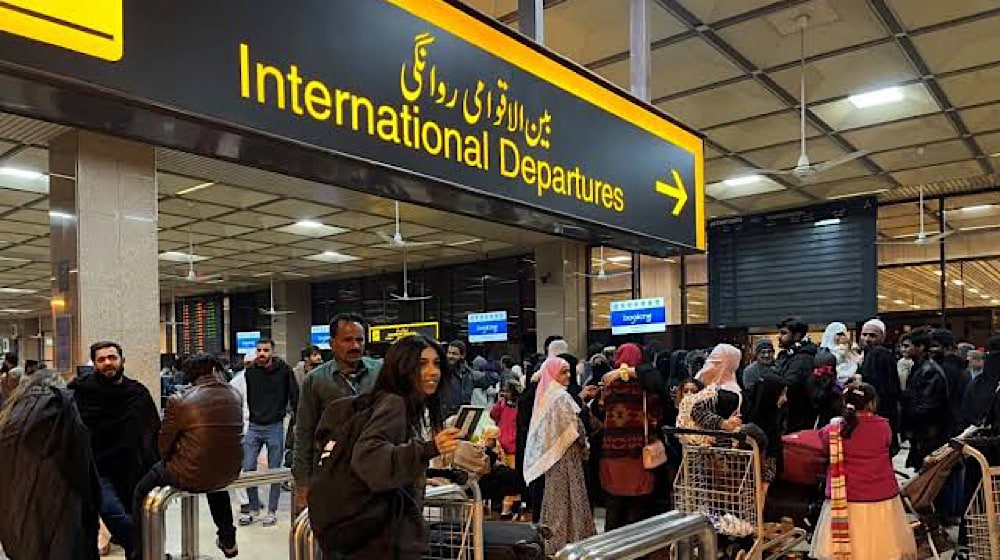The World Health Organization (WHO) has decided to extend travel restrictions on Pakistan for an additional three months due to the risk of a polio outbreak in the country.
WHO made the decision on the advice of the Emergency Committee on Polio. The presence of polio virus in Pakistan has been a significant factor contributing to the continuation of travel restrictions and the country’s classification, along with Afghanistan, as a global threat to the spread of polio.
As per the statement, WHO Director-General called 37th meeting of the Emergency Committee under the International Health Regulations (2005) (IHR) concerning the international spread of the poliovirus on December 12, 2023.
During the meeting, data on wild poliovirus (WPV1) and cessation of outbreaks of cVDPV2 was reviewed by the Emergency Committee. The committee received technical reports from Afghanistan, Egypt, Guinea, Mauritania, Nigeria, Pakistan and Zimbabwe.
Pakistan reported a total of six cases of WPV1 during the previous year. Additionally, environmental detection has also significantly increased, with 60 positive samples identified in the three months spanning September to November.
Following a period of non-detection, new instances of polio transmission are emerging in the Quetta Block in Balochistan, Karachi in Sindh, Islamabad/Rawalpindi, and Peshawar in Khyber Pakhtunkhwa (KP) province.
As a result of the polio action plan in southern KP, additional 160,000 children have been vaccinated.
Political instability, insecurity in specific areas requiring police patrols for frontline workers, and vaccination boycotts have been identified as some of the main obstacles impeding the polio eradication efforts in Pakistan.
All the members of the committee agreed that the risk of the international spread of the poliovirus remains a Public Health Emergency of International Concern (PHEIC). The committee recommended extending the Temporary Recommendations for an additional three months.
Moreover, it also warned of the reintroduction of Wild Poliovirus Type 1 (WPV1) in the southern region due to persistent transmission in eastern Afghanistan, with cross-border spread into Pakistan, and the substantial population of unvaccinated zero-dose children in southern Afghanistan.
WHO’s International Travel and Health has advised all travelers to polio-affected areas ensure they are fully vaccinated against polio.
Moreover, residents of areas with a polio presence are advised to receive an extra dose of either oral polio vaccine (OPV) or inactivated polio vaccine (IPV) within a timeframe of 4 weeks to 12 months before their travel.






















